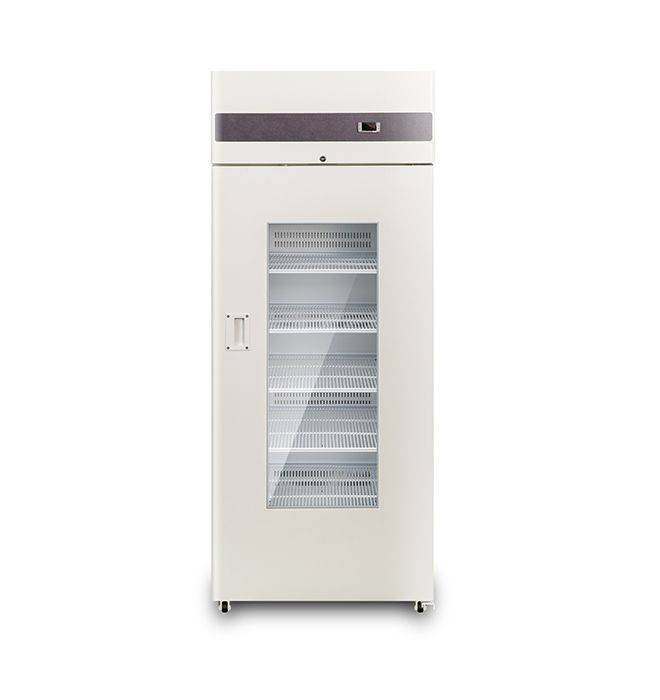Qingdao Carebios Biological Technology Co.,Ltd
Address: No.433-5 Sancheng Road, Lancun Town, Jimo District, Qingdao, 266232, China
Southeast Asia & Australia
Korea & Japan
America: John
Tel: +86 400-118-3626
E-mail: info@carebios.com
Mar - 2021
Before hitting the ‘buy now’ button on a Freezer or Refrigerator for your lab, doctor’s office, or research facility you should consider a few things in order to get the perfect cold storage unit for its intended purpose. With so many Cold Storage Products to choose from, this can be a daunting task; however, our expert refrigeration specialists have put together the following list, to ensure you cover all the bases and get the right unit for the job!
What are you storing?
The products you will be storing inside of your Refrigerator or Freezer matter. Vaccines, for example, require a very different Cold Storage environment than general storage or reagents; otherwise, they can fail and become ineffective to patients. Likewise, flammable materials need specially designed Flammable/Fire Proof Refrigerators and Freezers, or they could pose a hazard in your work space. Knowing exactly what will be going inside of the unit will help make sure you are buying the correct Cold Storage Unit, which will not only keep you and others safe, but will save time and money in the future.
Know your temperatures!
Laboratory Refrigerators are designed to average around +4 °C, and Laboratory Freezers usually -20°C or -30 °C. If you are storing Blood, Plasma, or other Blood products, you may need a unit capable of going as low as -80 °C. It is worthwhile knowing both the product you are storing and the temperature required for safe and stable storage in a Cold Storage Unit.

Auto or Manual Defrost?
An Auto Defrost Freezer will go through cycles of warm to melt the ice, and then into cycles of cold to keep the products frozen. While this is fine for most lab products, or your freezer at home, which usually do not house temperature sensitive material; it is very bad for storing items such as vaccines and enzymes. Vaccines storage units must maintain a stable temperature, which means -in this instance- a Manual Defrost Freezer (where you have to manually thaw the ice inside while storing the vaccines or enzymes elsewhere) would be the better choice.
How many samples do you have/what size do you need?
If you are storing samples in your Refrigerator or Freezer, it is vital to know how many, to ensure that you select the correct size unit. Too small and you won’t have enough room; too large and you might be operating the unit inefficiently, costing you more money, and running the risk of over-working the compressor on an empty freezer. Regarding under-counter units, it is very important to leave clearance Similarly, you should check to see if you need a free-standing or under-counter unit.
Size, in general!
One more thing to check is the size of the area where you want the Refrigerator or Freezer to go, and the path from your loading dock or front door to this space. This will ensure your new unit will fit perfectly through doors, elevators and in its desired location. Also, most of our units will ship to you on large tractor trailers, and need a loading dock to deliver to your location. If you do not have a loading dock, we can arrange (for a small fee) to have your unit delivered on a smaller truck with lift-gate capabilities. Additionally, if you need the unit set-up in your lab or office, we can also provide this service. Contact us today for more information and pricing on these additional services.
These are just some of the most important questions to ask, and things to consider before purchasing a new Refrigerator or Freezer, and we hope this has been a helpful guide. If you have further questions, or need additional help, please contact us and our fully-trained refrigeration specialists will be happy to assist.
Filed Under: Laboratory Refrigeration, Ultra-Low Temperature Freezers, Vaccine Storage & Monitoring
Tagged With: clinical freezers, Clinical Refrigeration, Cold Storage, Laboratory Cold Storage, Ultra Low temp Freezer